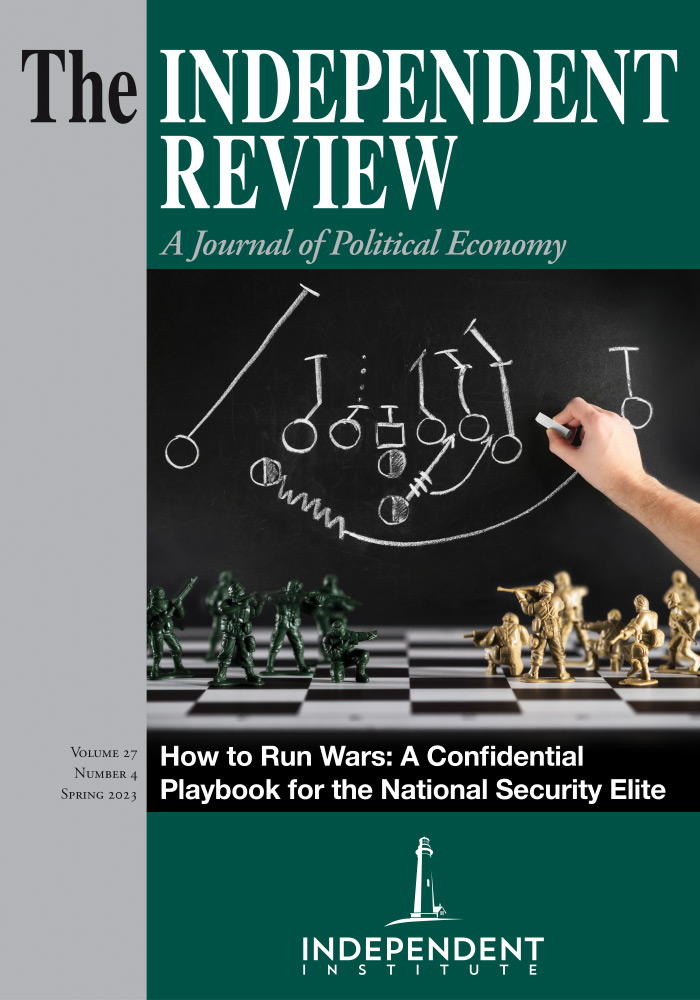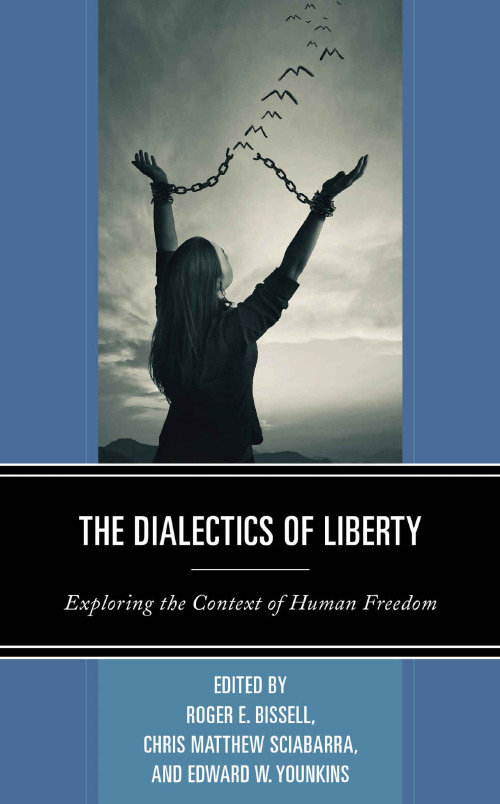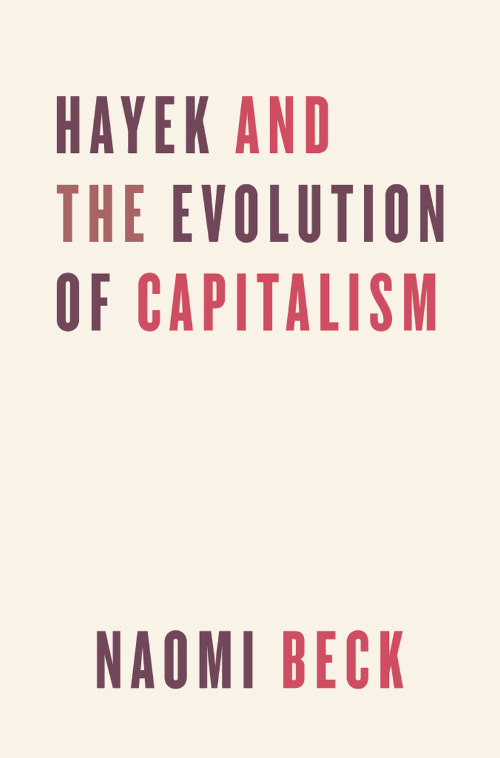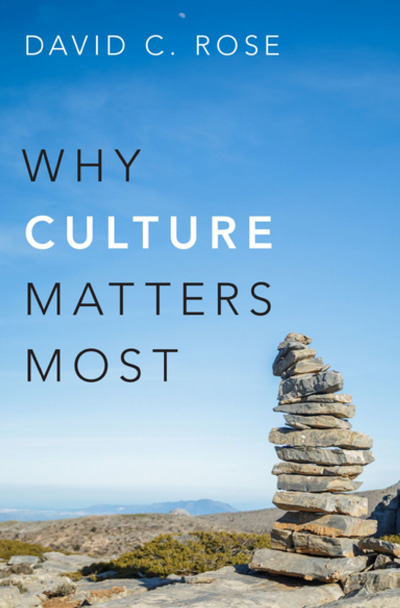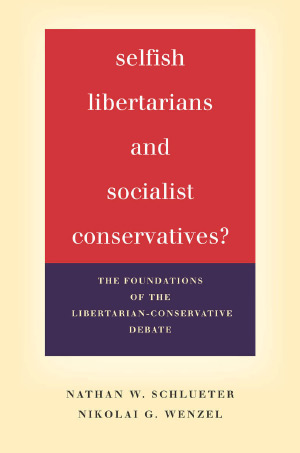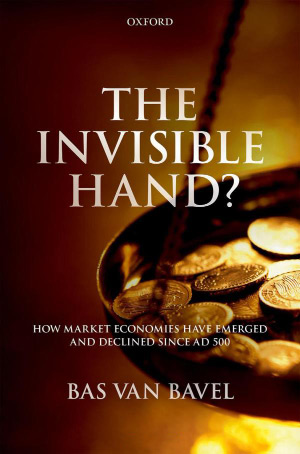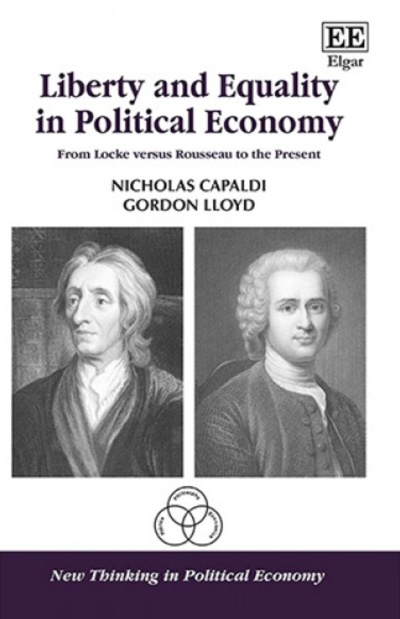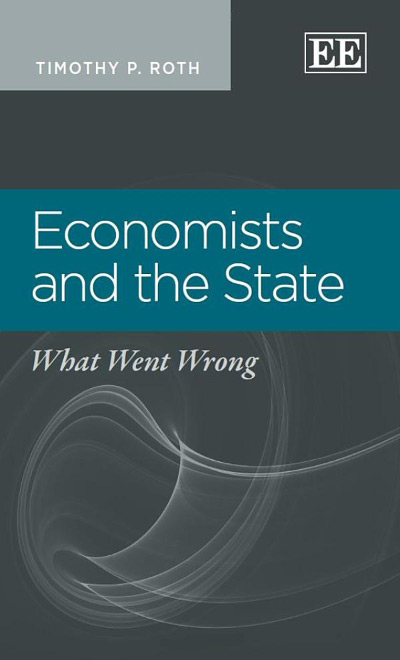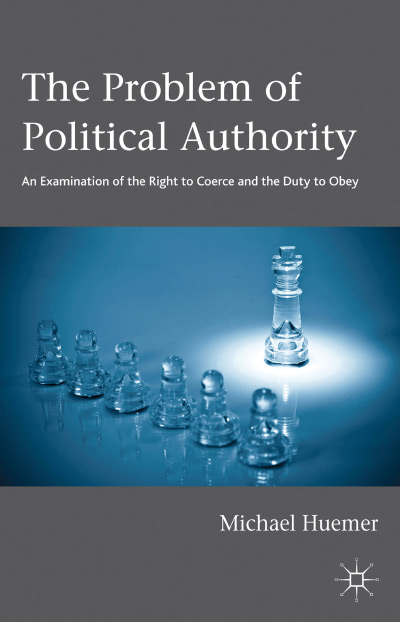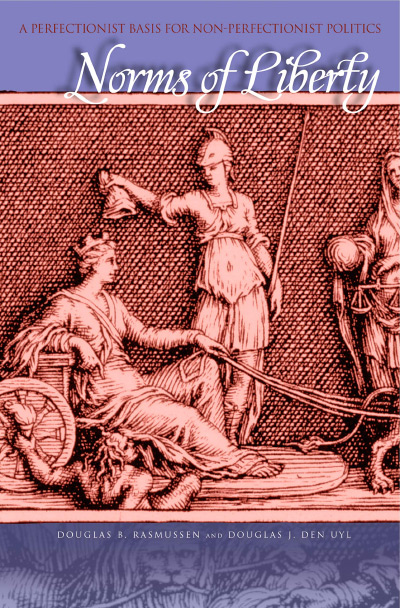It is an honor and a privilege to write a review of David Gordon’s Festschrift. Anything associated with that giant of liberty, economics, history, philosophy and much more, even through osmosis in this case, reflects glory on all concerned. David is a scintillating, thorough, brilliant, creative writer, and spokesman for the Austrian libertarian tradition. He is a little too nice to his targets, though, for my taste. In this review, despite these flaws of his, I shall strive mightily to emulate his style, which is the highest form of flattery.
I briefly summarize and then comment upon, each of the nine chapters which comprise this compilation.
Roger Bissell argues, in “Laissez-Faire vs. ‘Flattening the Curve’: Lessons from Government Attempts to Deal with Economic and Health Disasters,” that “the pre-1929 laissez-faire approach to economic recessions should have been more widely employed in the current health crisis from the very outset. It is superior in terms of moral and practical outcomes and is, more fundamentally, the only approach consistent with individual liberty” (pp. 5 – 6). But to say this is to completely ignore the possibility at the “very outset” of this disease (Covid) that there was plenty of “temporary inadequate knowledge of the magnitude and severity of the problem” (p. 5). Suppose instead of what we now think we know about Covid, that it was as serious and contagious as typhoid. Should we really have engaged in laissez-faire (which I take to be non-interference with anyone)? Consider the case of Typhoid Mary. Was it really incompatible with libertarianism to forcibly isolate her from the general population, to ensure she could not spread her dread disease to others? Only if, I suggest, what she was doing (working in a restaurant) does not count as a violation of the non-aggression principle (NAP). But clearly it did. Thus, we must reject the analysis of this author. (Minor point: the U.S. did not follow a laissez-faire economic policy before 1929.)
Bissell is not without a riposte to my criticism of him. He states: “When the allegation is made that someone has caused harm to another, the burden of proof is on the person making the allegation. In identifying Typhoid Mary as a super-spreader, medical and scientific inferences were made to identify her as the vector of the disease” (p. 33). But here he reckons in the absence of the injunction. I start shooting bullets all over the place. So far, I have not hit anyone, not even close. But surely, it would not be against libertarian principles for a (hopefully private) cop to stop me. There would be no “proof” that I had hurt anyone, since I did no such thing, at least not yet. However, it is exceedingly likely that a (hopefully private) court would grant an injunction against me, and justifiably so.
I will not say is it shocking to see a supporter of Robert Nozick’s case for statism in a Festschrift honoring David Gordon. But it is at least very surprising. Our honoree has done more than almost anyone else to demonstrate, over and over again, the case on behalf of anarcho-capitalism. Nevertheless, Nozick’s argument is a very powerful one, but Billy Christmas fails to overcome it in his essay, “Nozick and the Natural Duty of Justice.” Why would there even be one dominant private defense agency? Maybe there will be a bunch of them, all roughly of the same size. But even if there were one such, from whence did its right emanate from libertarian theory to violate the NAP against smaller rivals? Yes, they might engage in untrustworthy methods of dealing with criminals, but so might the dominant one. It would appear that the only justification for looking at the matter in this manner would be “might makes right,” surely not a libertarian doctrine.
A strong reductio ad absurdum against Christmas and other such Nozickians is that this argument would be a justification for world government. Why, indeed, should this supposed Nozickian “insight” be limited to one country? It is entirely possible that the dominant defense agency might arise in another nation, which would then not only have the right, but would also succeed in taking over our entire country.
Douglas Den Uyl and Douglas Rasmussen argue, in “Avoiding the Political Realist-Idealist Dichotomy,” that the essence of politics is reconciliation, not conflict. If they had said this of economics, I would have agreed. A good synonym for the dismal science is “cooperation.” All commercial activity, buying and selling, renting and investing, is always mutually beneficial, at the very least ex ante, and usually ex post as well.
The same, unfortunately, contrary to these authors, cannot be said of politics. Interaction in this realm takes place within the bowels of the state and the most accurate short description of this institution is “robber gang.” This is pellucidly clear in that there are winners and losers, not as in economics, where everyone “wins.” The losers are necessarily coerced, unless of course they had previously agreed to take part in the elections, but there is no evidence, not one whit, of anything of the sort.
Another problem with the presentation in this chapter arises in their statement “we have aligned ourselves with Locke’s claim that ‘no one ought to harm another in his life, health, liberty or possessions ... And that all men may be restrained from invading others’ rights and doing hurt to one another’” (p. 73). Yes, of course, regarding “rights” and “invasions” thereof. But we are allowed to “harm” and “hurt” each other in a myriad of ways. A boy asks a girl to dance with him. She declines. She has hurt him. Or he doesn’t ask her to dance in the first place; he has harmed her (she would have been receptive to this offer, but it did not come). Two men compete for the affections of a woman. She chooses one of them. Both of them have hurt the other suitor.
I also diverge from these authors when they write: “The type of ethical norm that is appropriate to the problem of attaining a worthwhile life—that is, the quest for human flourishing or self-perfection—is quite different from the type of ethical norm appropriate to legitimating the political/legal order and finding a solution to liberalism’s problems” (p. 73). In my view, in contrast, the NAP and private property rights based on homesteading suffice for all ethical issues with which libertarianism is concerned. Certainly, they will lead to “attaining a worthwhile life.”
I appreciate Stephen Hicks’ contribution to this compilation, “Liberals Need More and Better Cognition Theory.” He makes many important insightful points about luck and value, is and ought, the descriptive and the normative and how the twain will never meet, and about historical interpretation and objectivity. But I fear he places too much weight upon toleration. He opines “Liberals will sometimes grant that everything is subjective and relative—but argue that in order to make social living possible we should all agree to disagree when necessary. That is to say, we should accept toleration as our governing principle. We cannot expect or demand that everyone agree on substantive values, but we can push for a universal procedural principle: Live and let live. That is admittedly to make an exception by insisting that we treat one principle as generally and objectively true. But in the interest of social peace, the principle of tolerance is the minimally necessary and achievable social objective” (p. 102).
By “liberals” here, I assume he is talking about libertarians, certainly not the woke left-liberals. Were this not the case, I doubt his contribution would have been included in this Festschrift.
Yes, tolerate all those who abide by the libertarian emphasis on the NAP and private property rights, except of course if they are of the “wrong” racial, sexual, age, religious, etc., category. Then you are not at all obliged to tolerate them. You may cut them dead, that is, refuse to have anything to do with them. As for those who oppose these libertarian foundations, and act incompatibly with them, toleration would appear to be entirely off the table, at least as a requirement. The very opposite would be more apropos. Take a different example. The conservative libertarians amongst us are required to favor the legalization of prostitution (between consenting adults), pornography, addictive drugs, gambling, etc., but need not at all “tolerate” any of these practices.
Let us now consider subjectivism. This is all fine and dandy when it comes to Austrian economics, but we are not discussing that field at present. Hicks avers, “liberalism is merely one more subjective option to be considered in the mix of possible systems, and anyone’s choice among the possibilities is itself a subjective preference” (p. 103). Whatever could he mean by this? He refers to this quote from Schumpeter to explain: “We may, indeed, prefer the world of modern dictatorial socialism to the world of Adam Smith, or vice versa, but any such preference comes within the same category of subjective evaluation as does a man’s preference for blondes over brunettes” (p. 103). Really? The choice between freedom and tyranny is akin to that between women of different hair colors? Really?
I cannot see my way clear to agreeing with Lester Hunt and R. Kevin Hill, in “Epidemics as a Problem for Liberty,” when they mention this view: “If the Titanic is sinking and there are not enough lifeboats for everybody, we will not use the property rights of the owners as a guide to deciding who gets in and who does not: these rights would not even mean that the owners would be allowed to get in” (p. 126). I wear libertarian spectacles. I try to look at every issue through libertarian-colored glasses. I do not see a shred of the freedom philosophy in this statement. Indeed, the very opposite is the case.
Part of the motivation for this “woman and children first” stance of these authors is presumably the notion that they are the most helpless, and thus are the most needy. This policy has the merit of promoting human life, surely a desideratum of all decent people. Children have a longer life expectancy than adults and women, not men, are the limitation in population growth (the farmer keeps fifty cows and one bull around, not the other way around). But there is a rule even more conducive to human flourishing than that: the NAP and private property rights. How many lifeboat situations are there after all; not very many. Surely, if there were strict adherence to libertarianism, certainly including the notion that owners get first dibs on all their property, including lifeboats, more people would survive and lead prosperous and happy lives than with this denigration of justice. (On lifeboat challenges, see Murray N. Rothbard, 1998 [1982], The Ethics of Liberty, New York: New York University Press, chapter 20.)
Have you heard the expression TMI? It stands for “too much information.” I was tempted to apply that phrase to this Alejandra Salinas’s contribution, “Post-Marxist Populism in the Twenty-First Century.” It is a thorough going exegesis of Marxism. It delves into many of the subvariants of this perspective. My first reaction upon reading this was, who cares? But then rationality reared its ugly head and I realized that to destroy the enemy of civilization it is first necessary to fully understand him, not superficially, but in all of his ramifications. Salinas does this, with a vengeance. She wades into this intellectual and moral cesspool with verve, determination, and understanding. She provides a very valuable service. I am glad she did. If she did not, I might feel called upon to do so, and I shrink from cesspool cleaning.
I am a believer in specialization and the division of labor. In the next chapter, “Anarchy, Nozick, and Gordon,” we have one giant of Nozickianism, Aeon Skoble, criticizing another (David Gordon) upon which ground Nozick is in error in thinking that a state would arise legitimately from a free-market process and thus be justified. I fully agree with both experts on Nozick that the latter fails to make his case in favor of government. As to whether or not Skoble’s Hobbesian Fear hypothesis is correct, Gordon says no. I shall leave the dispute to my betters. (I shall have to think long and hard about this, and I have a deadline date to turn in this essay.) As long as Nozick remains pulverized on this matter I am content.
Jasmine Straight does important work in undermining the woke emphasis on affirmative consent for voluntary sexual relations on the part of college students in “The Anti-Liberty Requirements of Affirmative Consent.” She profoundly champions the “No means no” policy where “sex was considered to be consensual provided that each party had the ability and opportunity to object and did not do so” (p. 199). My only “criticism” of her is that she limits her focus to academia and this virus has spread far and wide into society at large. I urge her to follow up on this splendid contribution to the Festschrift with one that incorporates consideration of this unfortunate phenomenon. While I am offering her free advice, I would urge her to explore what consent means in non-sexual contexts as well.
However, following David Gordon’s example, I do have a bone to pick with her. I fully agree with her that it is obnoxious for universities to require compelled speech such as pronouns. But I do not think she puts her finger exactly on target in this regard. Suppose I start up a new college and compel all faculty, staff, and students to refer to me as King Block (Emperor Block would do as well; see how liberal I am?). Have I so far violated anyone’s rights? Not at all. The college is my own private property. I committed no fraud on anyone with my demand. It was explicit in all contracts I made with employees and students.
Now we approach the real reason for the actual real-world requirement regarding compelled speech of pronouns and other matters: the academic bureaucrats making these demands are not the proper owners of the university (as I am of Block U). They have no right to compel any such behavior. If they were the rightful owners, then and only then would it be legitimate to foist these rules on us.
Last, but not least, we reach my favorite contribution to this compilation, Jakub Wisniewski’s “Economics and Ethics: Neither Independent nor Intertwined, but Mutually Relevant.” I disagree with most of it, but it challenged me, even inspired me and I certainly learned greatly from it, if, indeed, I fully understood it; I am not sure I do.
One point this author makes is that economics and ethics are completely different fields, the former a positive discipline, the latter a normative one. The former is factually based, the latter value laden. Nevertheless, Wisniewski contends, it is still possible to construct a new discipline, call it economics–ethics, for want of better phraseology.
In my view, despite what he writes, explicitly, he is really plumping for something “intertwined,” if I can characterize it thusly. Here is a quote from his essay: “there is the approach which I consider as the only truly fruitful one in this connection, that regards economics as value-free but also value-relevant, hence seeing it as a strictly positive field of study that is nonetheless capable of illuminating various normative disciplines, including business ethics. By extension, one might argue that the perspective in question allows for viewing this as clearly value-laden, but also fact-relevant, hence recognizing the essential role of ethical capital in solving various operational problems described by pure economics theory. This take on the matter, one should notice, neither economizes ethics, nor ethicizes economics, nor yet keeps the two completely isolated from each other (p. 229)”
As I see matters, in contrast, the two are entirely separate. Never the twain shall meet. I argue first, from analogy. Physics, chemistry, biology, astronomy, mathematics, and all other such physical sciences clearly help each other. Practitioners of each learn from the research of the others; yes, there is an overlap between all of them. The borders between them are not sharp and clear; rather, they are grey, many of them shade into each other. Yet, they are still separate sciences. Gary Becker has done more to apply the tools of economic analysis to challenges wrestled with by sociology. But he has not deviated one inch from utilizing the ordinary tools of economic analysis. There are gains from trade all over the place in intellectual pursuits. If that is all Wisniewski means by “mutually relevant,” fine. But I think he means more than that, and I discern this not only from reading in between the lines; also, the lines themselves.
He begins his analysis with examples where economics sheds light on ethics, not the other way around. His examples include sweatshops (I enthusiastically applaud him for using the phrase “underdeveloped countries” instead of “developing” ones; many of the latter are actually retrogressing). I reject his coupling of “prostitution” with “stealing,’ however. The former (even when limited to consenting adults) may be considered unethical by libertarians but is fully compatible with libertarian law. He also mentions boycotts, affirmative action (“positive discrimination”), business cycles, stakeholders, speculation, junk bonds, leveraged buyouts, and hostile takeovers. He provides a brilliant analysis of each.
But he and I diverge when it comes to any positive relevance of ethics to economics. He maintains that “consistent capital consumption can be rightly condemned as economically ruinous and thus immoral from a broadly utilitarian standpoint” and also condemns “short-sightedness, wastefulness, reckless indebtedness and other unsustainable financial practices” (p. 240). But what about people with high time preference, or who are risk preferers? Then, he condemns “low quality offers” (p, 241). But what is wrong with schmattes, used tires, cheap shoes, low skilled labor, and other such items? They certainly are not incompatible with libertarian law. This view appears to me to be a smuggling of ethical concerns into purely economic matters.
I must also diverge from this author when he opines “unless one views humans as inherently rational and cooperative creatures, one cannot regard voluntary transactions as Pareto-superior” (p. 243). Au contraire, all voluntary consensual transactions, without exception, are necessarily Pareto Superior, at least ex ante. This is a necessary praxeological statement, a synthetic apriori. I am assuming the perspective of the individual in question. This scholar seems to have some sort of Platonic vantage point in mind on the basis of which he can invalidly criticize the untermenschen.
I also object to his treatment of the “foreign dumper.” This is a highly pejorative way of describing a low-cost competitor from abroad. Nor is it clear to me why debt and leverage are ethically or in any other way inferior to equity and prudence, at least from an ethical point of view. Neither violates the NAP of libertarianism.
It is with regard to the relevance of ethics to economics where I think his thesis unravels. Here, he marshals such ethics considerations as trust, responsibility, temperance, frugality. However, in my view these are also economic considerations, not merely ethical. Thus, it is by no means clear that the latter concepts are making any contribution to human flourishing.
Let me conclude discussion of this chapter. Wisniewski makes a heroic attempt to create an entirely new discipline. He is to be congratulated for his courage and creativity. However, I maintain he bites off more than he can chew. Nevertheless, I urge him to continue down this new road. As with all new things, intellectual as in this case or otherwise, the first stab is not usually definitive.
Now, a parting comment about the entire compilation. I have focused, mainly, on the shortcomings of these contributions, as I see them. However, the good vastly outweighs the bad in this book. I highly recommend it for all those interested in libertarianism. It is a fitting way to honor the many and important contributions to this discipline of David Gordon.
| Other Independent Review articles by Walter E. Block | ||
| Spring 2022 | The Ethics of Liberty | |
| Winter 2018/19 | Crony Capitalism versus Pure Capitalism | |
| Fall 2015 | A Troublesome Inheritance: Genes, Race and Human History | |
| [View All (4)] | ||

